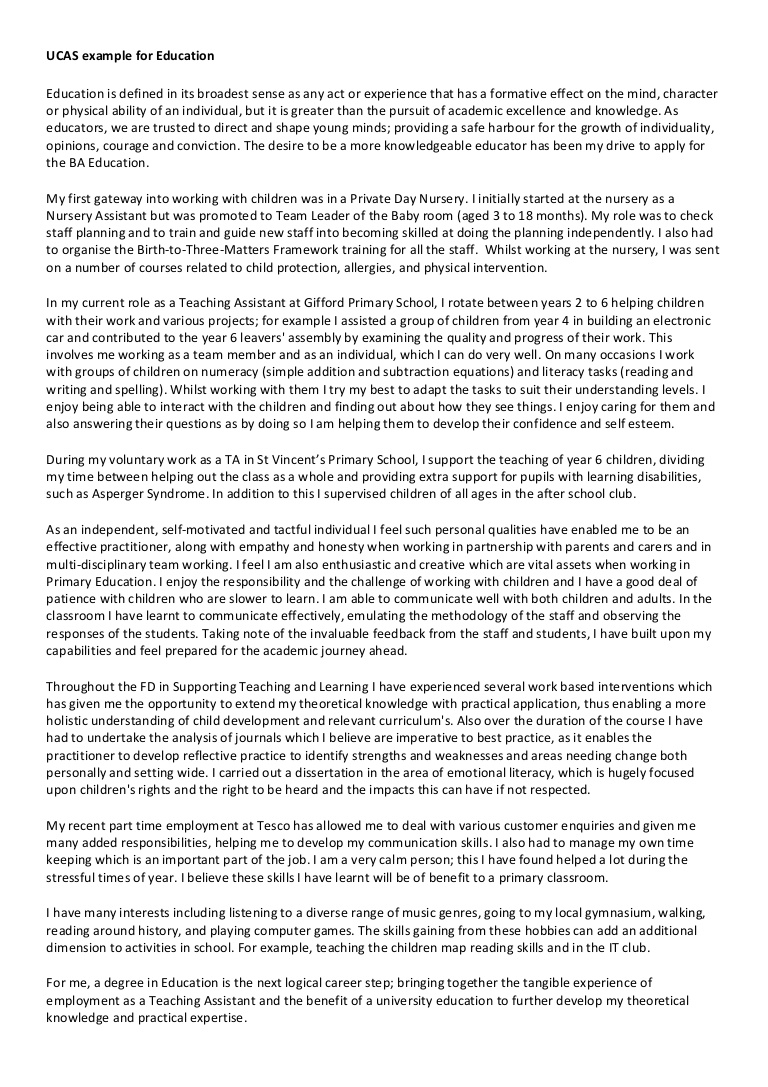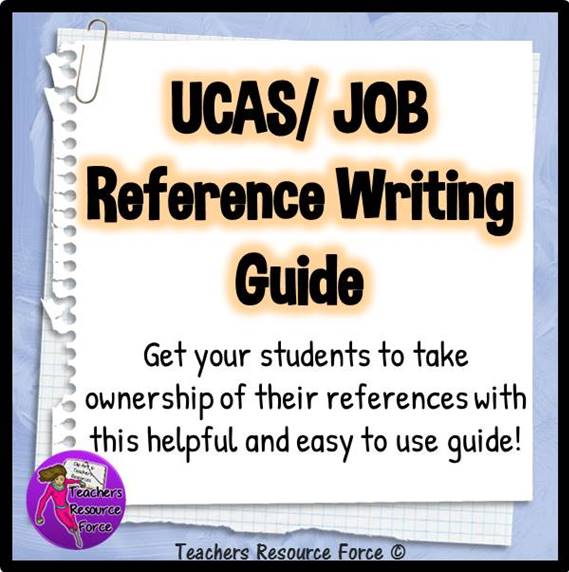
Weaker counsellor references tend to be thin on information about students, so make sure your counsellor has lots of positive things to say about you! Another good thing to do is, before the end of lower sixth or at the beginning of upper sixth, provide a list of information to your counsellor, including: How can a student work to ensure a strong counsellor reference? First, if a housemaster or housemistress is writing the counsellor reference, students should be sure to have a good relationship with them, and to make themselves known in a positive way in house.

It should be around one page, single-spaced, though if the reference writer has more positive things to say about a student, it is fine for this to be longer, as long as they avoid wordiness and repetitiveness. Be enthusiastic, more informal than a UCAS reference, and engagingly written.

Mention extracurricular activities, interests, accomplishments, and educational/career goals.Comment on the student’s personal qualities and give specific support and examples of how the student has demonstrated these.Mention how long they have known the student and in what context.The counsellor reference should provide an overview of how a student fits into the school community. The person who writes the counsellor reference may vary from school to school, but usually this will be the teacher in charge of US applications at a school, a guidance counsellor, head of sixth form, or, in the case of boarding schools, a housemaster or housemistress. These should be teachers who have taught pupils a specific subject in class ( not their academic tutors, if their school provides pupils with these). Typically, they will need references from two subject teachers. US university applicants will need to get two types of references for their applications: teacher and counsellor. US references should therefore be written in a different style to UCAS references: instead of focusing on academic achievements, US references should focus on a student’s character and habits of mind: who they are, and how they contribute to the classroom, the wider school, and local community. US references carry more weight in the application process because colleges are interested not only in academic attainment but also what students will bring to the college community inside and outside of the classroom.

US colleges review the different elements of students’ applications holistically, and references (known as “letters of recommendation” in the US) are an important factor in admission.


 0 kommentar(er)
0 kommentar(er)
